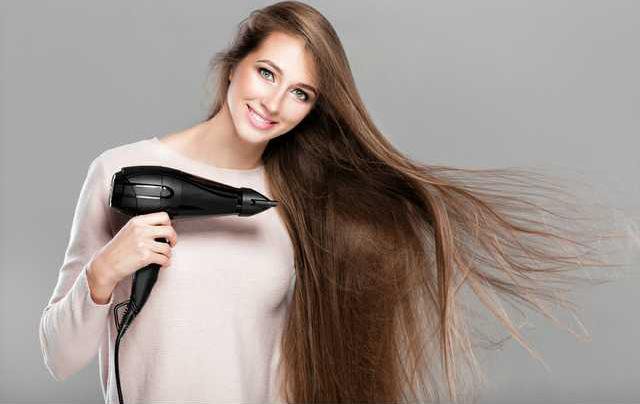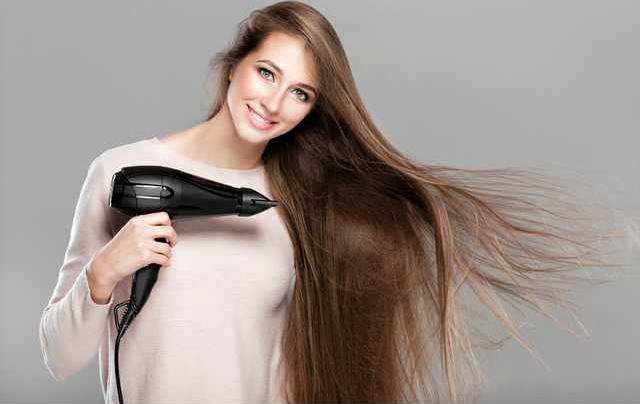Somehow, flat hair can be a problem for both those with thick and thin hair alike. With thin, you simply dont have enough hair to create volume. And often with thick, there is so much weight from your hair that accomplishing all-day volume can be a challenge. No matter your hair type, try these simple tricks to get the lift you want:
1. Try a root lift
You have to manipulate your roots from the very beginning to get the lift youre looking for. Try using some type of product in your roots, then blow drying your roots until dry. You can buy an actual root lift, or use a stiff mouse just in the roots of your hair. Both will help hold volume all day long.
2. Blow dry it upside down
Better yet, add the root lift and blow dry your hair upside down for extra volume.
3. Back brush
A little bit of back brush goes a long way. Watch the tutorial below to know how to do this without it looking frizzy.
4. Sleep in a bun
If you want your slippery, straight hair to have a little texture, try sleeping with it in a loose top bun or a loose braid, then wake up to textured (and volumized) hair.
5. Crimp your roots
Lightly crimp only the roots of your hair underneath the top layer to give an extra oomph to your hair. This tutorial explains how.
6. Go without conditioner (if you can)
If possible, skip out on the conditioner. While this isnt always a healthy option for your hair, conditioner can really weigh your locks down with those added oils. If youll still be able to get a brush through your hair, try skipping your conditioner every once in a while.
7. Change your part
One of the simplest hair hacks for getting volume is by swapping the side you part your hair. It will add extra lift around your part area without adding a lot of extra product or backcombing. You can also try blow drying your hair with your hair parted on the opposite side you want it parted. Once its done, you can swap your part to where you want.
1. Try a root lift
You have to manipulate your roots from the very beginning to get the lift youre looking for. Try using some type of product in your roots, then blow drying your roots until dry. You can buy an actual root lift, or use a stiff mouse just in the roots of your hair. Both will help hold volume all day long.
2. Blow dry it upside down
Better yet, add the root lift and blow dry your hair upside down for extra volume.
3. Back brush
A little bit of back brush goes a long way. Watch the tutorial below to know how to do this without it looking frizzy.
4. Sleep in a bun
If you want your slippery, straight hair to have a little texture, try sleeping with it in a loose top bun or a loose braid, then wake up to textured (and volumized) hair.
5. Crimp your roots
Lightly crimp only the roots of your hair underneath the top layer to give an extra oomph to your hair. This tutorial explains how.
6. Go without conditioner (if you can)
If possible, skip out on the conditioner. While this isnt always a healthy option for your hair, conditioner can really weigh your locks down with those added oils. If youll still be able to get a brush through your hair, try skipping your conditioner every once in a while.
7. Change your part
One of the simplest hair hacks for getting volume is by swapping the side you part your hair. It will add extra lift around your part area without adding a lot of extra product or backcombing. You can also try blow drying your hair with your hair parted on the opposite side you want it parted. Once its done, you can swap your part to where you want.








